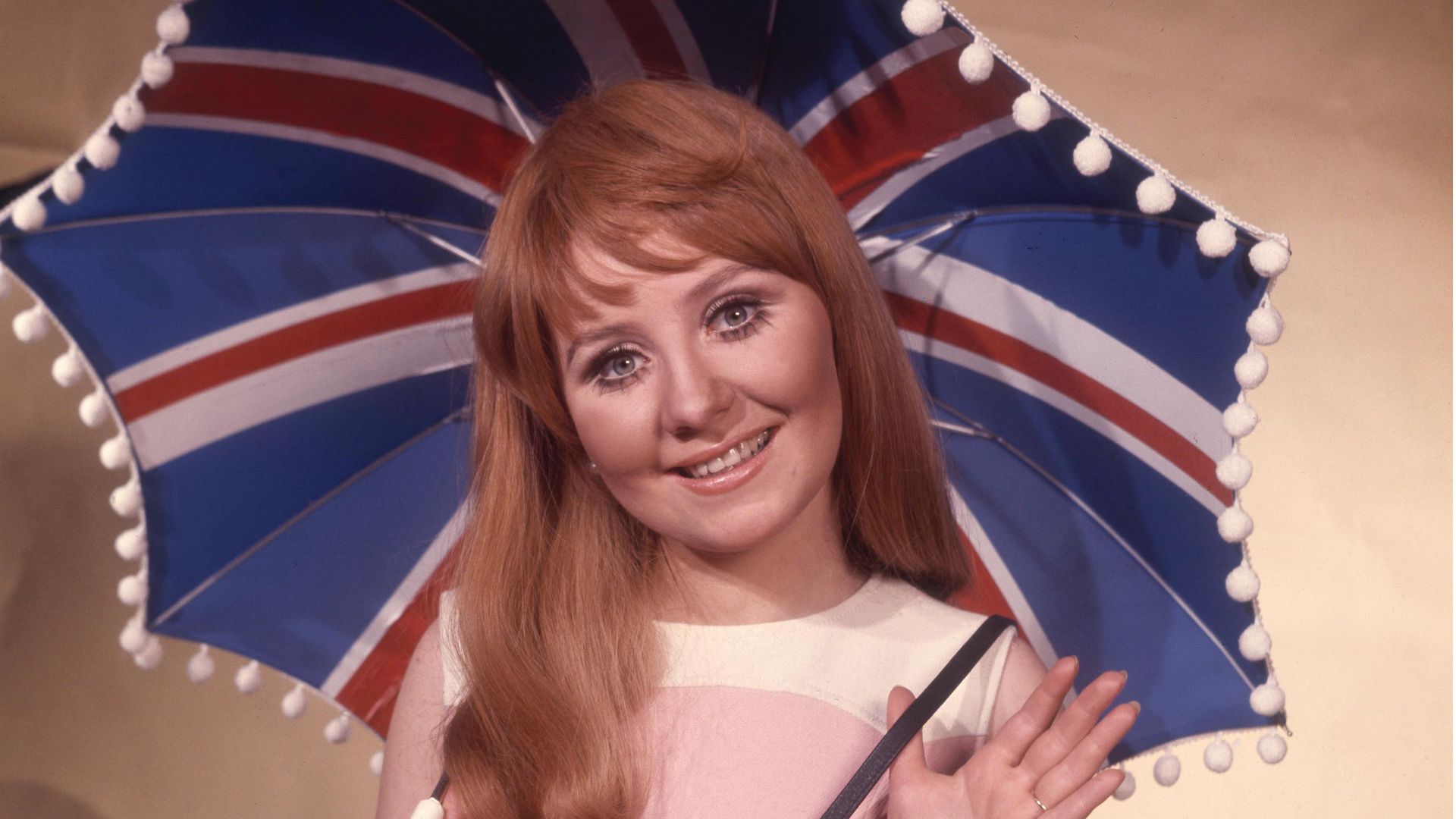
Chris West, an historian of the contest, chronicles its greatest ever controversies
After a year’s hiatus caused by the pandemic the Eurovision Song Contest returns this week, in Rotterdam. As ever, the event has been accompanied by a palaver about some of the entries.
The main focus this year has been on Belarus, which has form for doing things like changing its song at the last minute. Eurovision officials were concerned that the country – which has been the scene of months of protest against its authoritarian president Alexander Lukashenko – was repeatedly submitting songs with a political subtext in support of the regime.
Its first entry, I Will Teach You, was to have been performed by a band known for mocking the anti-government protesters and included the line “I will teach you to toe the line”. A second song, by the same band, was submitted, but was also deemed too political. As a result, Belarus has been banned from this year’s show.

This is a small fry, however, when compared with some of the historical goings-on at the contest. Much that is scandalous in Eurovision revolves around voting. Not the standard ‘bloc’ voting, which continues to be a hot topic among fans – some say it is rampant, others that the correlations are just reflections of shared cultural tastes. But the real scandals are about specific votes that are rumoured to have been fixed.
Dodgy voting goes right back to the first contest, in 1956. This wasn’t fixed, but what happened was that Luxembourg decided it couldn’t afford to send any judges, so asked the hosts, Switzerland, to judge for them. Guess which nation won the contest…
In 1963, there was the bizarre affair of the changing Norwegian vote. When the evening’s results were announced, nation by nation as usual, Norway didn’t present them in the correct format, so was asked to resubmit after everyone else had voted.
The contest soon became a close race between Denmark and Switzerland. At the end, when Norway resubmitted its results, they had changed, and the change made its neighbour Denmark the winner.
Five years later, General Franco was rumoured to have bribed some judges to make the Spanish entry, La La La, sung by Massiel, the winner. Cliff Richard, who came second with Congratulations, was not amused.
Next year the show was in Spain, and the stage was graced by a bizarre sculpture that looked oddly like the Falangist emblem. Mayhem then ensued, as the voting system produced four winners.
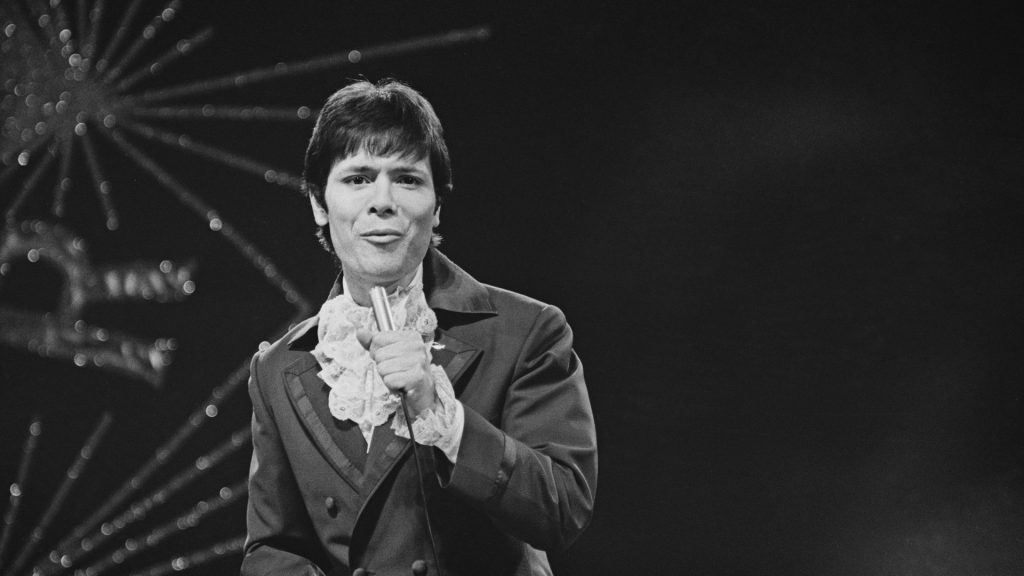
The unfortunate hostess asked the voting supervisor what to do, and was told sharply, “There are four winners, of course”. One of these was Lulu, singing the (unfortunately) emblematic Boom Bang-a-Bang. Several European broadcasters pulled out of the contest after this, and that was nearly the end of Eurovision. However we all made up in the end.
More recently, Azerbaijan has been accused of trying to bribe televoters. A Lithuanian news site revealed that students had been paid to phone in hundreds of votes for the country’s 2013 entry, Hold Me, by Farid Mammadov. However nothing was ever proven – even if the bribes had been made, it could have been by an overeager Azeri fan.

The contest has a range of rules about eligibility. The songs are all supposed to be new. Over the years, several have turned out to be reheated oldies. The songs are also supposed to be original, but accusations of plagiarism often waft around.
Norway’s 1968 entry and Denmark’s 2013 winner have both suffered this. It is a hard thing to prove, however, and often has more to do with lawyers’ fees than art. There is a minimum age for contestants. Belgium’s 1986 winner Sandra Kim turned out to be only 13, which was below the limit. The country that came second, Switzerland, tried to get the result changed retrospectively, but failed. The plain-dealing Swiss seem to have a tough time in the rough and tumble of Eurovision (this year, they have an outstanding song: will it also meet some unfortunate fate?)
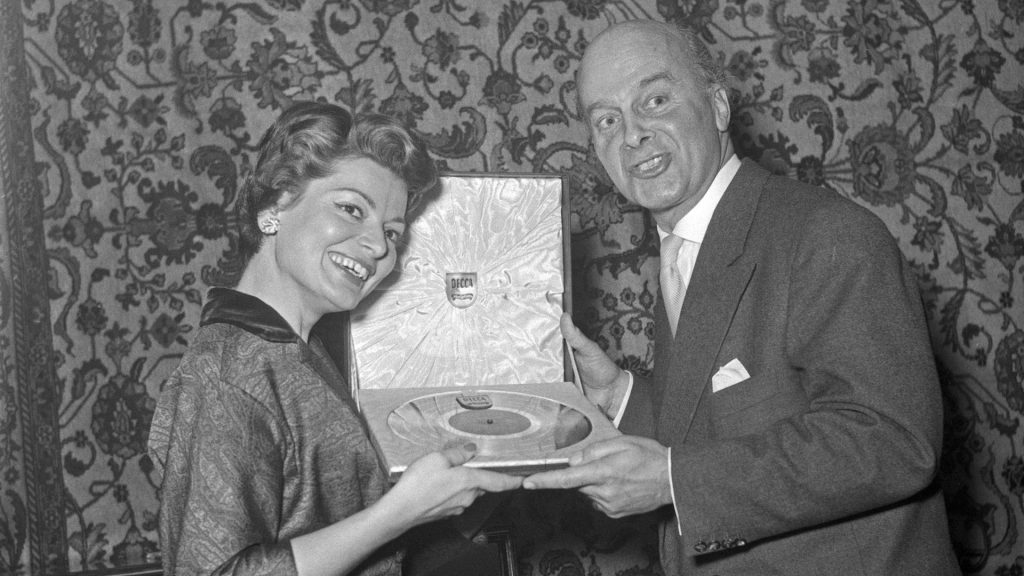
On the subject of Switzerland, one of the most scandalous Eurovision stories is that country’s own media treatment of one of its contestants. In 1998, it was to be represented by singer Gunvor Guggisberg. In the run-up to the contest, a red-top paper, Blick, started a campaign of character assassination against her. She ended up being accused of having worked as a prostitute. None of this played well, and the unfortunate woman ended up in tears and with the dreaded nul points. Nothing like giving your own side a helping hand…
Eurovision has scandalised viewers over the years. Arguably old men with very weak hearts should avoid watching the contest, or performances like Cyprus’ Eleni Foureira’s 2018 Fuego anyway.
However it’s kissing rather than dancing that has excited the most controversy over the years. Way back in 1957, Denmark’s Gustav Winckler and Birthe Wilke shared a long kiss, for 13 seconds – a lot in those days (for prime-time TV, anyway).
More recently, Finland’s 2013 entrant Krista Siegfrids shared a kiss with a female member of her backing group. Turkish viewers did not approve, and that country dropped out of the contest next year. It has yet to return.
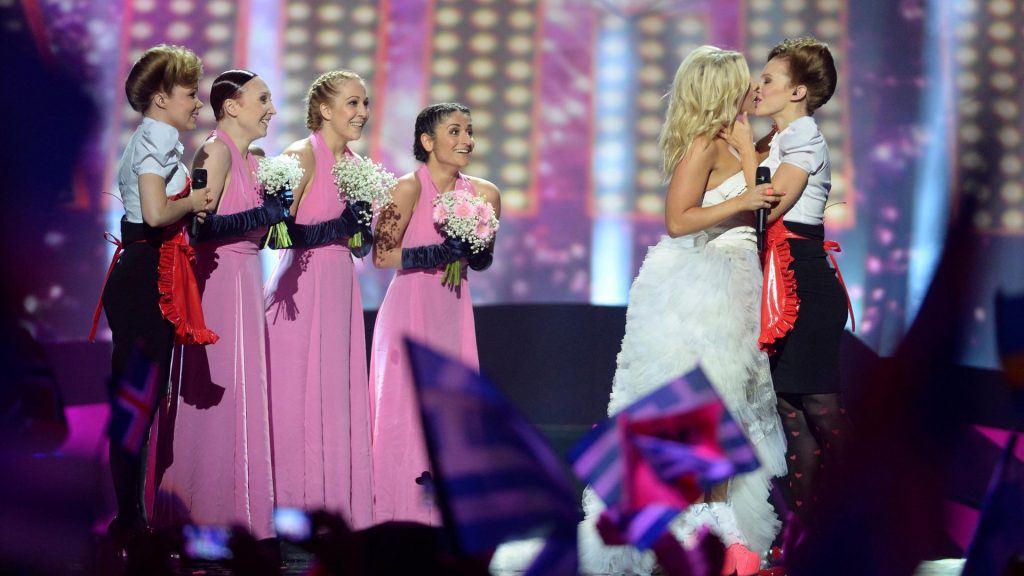
Sometimes the live audience has been scandalized and booed the performers. Back in 1984, UK entrants Belle and the Devotions (a long-forgotten act created especially for the contest) were booed by the audience in Luxembourg. This is probably due to England football fans having run amok in the principality the year before. Or maybe Mrs Thatcher’s handbagging of what was then the European Community had something to do with it – Luxembourgers show more support for political Europe than any other country.
Other songs have been booed as the audience felt they were disrespectful to the contest. Ireland’s Dustin the Turkey (yes, a real turkey puppet) got this treatment, as did the Lithuanian outfit LT United (though televoters rather liked United, and placed them 6th in the competition).
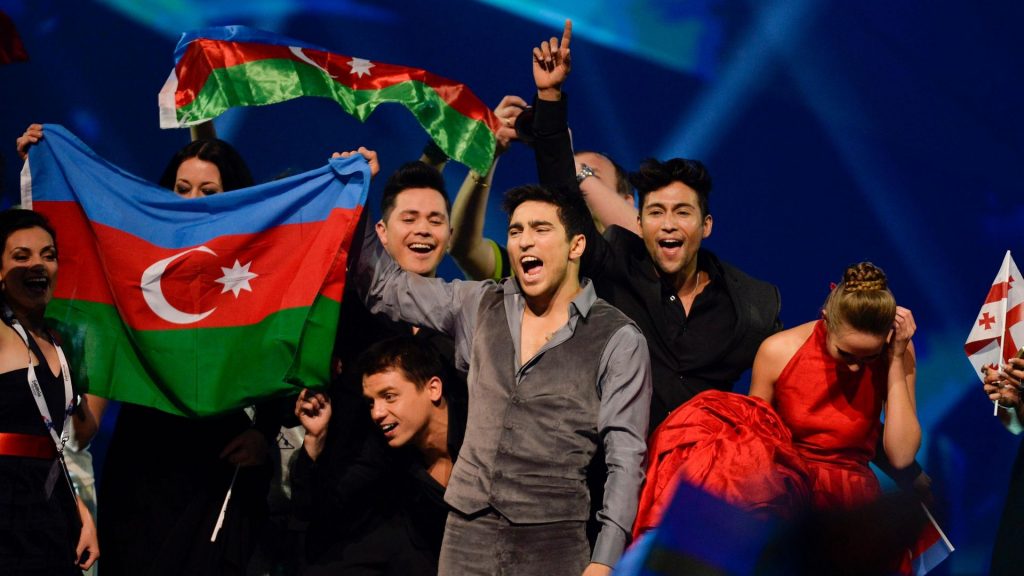
Russian one-hit wonders t.A.T.u. also got booed, for being rubbish. Recently, other acts from Russia have been booed, due to that country’s official attitude to LGBT rights. Russia takes care to enter performers who do not share these prejudices, so it is a little hard on the acts, who often stick their necks out back home in support of greater individual freedom. The Tolmachevy Sisters in 2014 were the most famous examples – though in that case the booing backfired, as many people felt sorry for the two 17-year old girls.
Finally, of course, I must mention the animal mistreatment scandal of Britain’s 1959 entrants, Pearl Carr and Teddy Johnson during Sing Little Birdie. No, only joking….
Eurovision! A History of Modern Europe Through the World’s Greatest Song Contest by Chris West is out now from Melville House UK
What do you think? Have your say on this and more by emailing letters@theneweuropean.co.uk
Warning: Illegal string offset 'link_id' in /mnt/storage/stage/www/wp-includes/bookmark.php on line 357
Notice: Trying to get property 'link_id' of non-object in /mnt/storage/stage/www/wp-includes/bookmark.php on line 37






